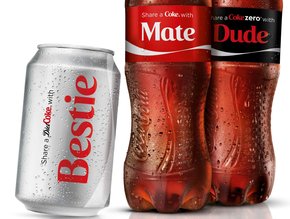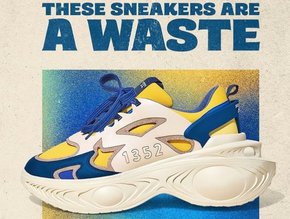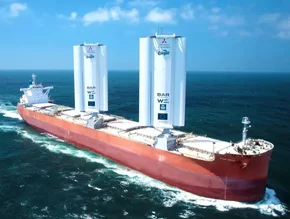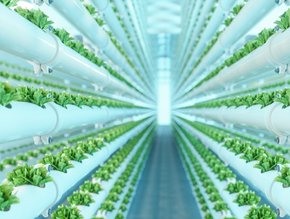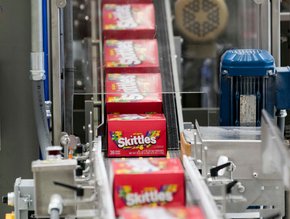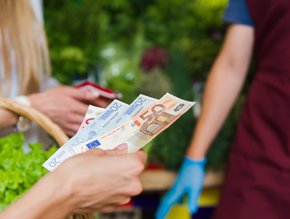Supermarket benchmark for crab and lobster welfare
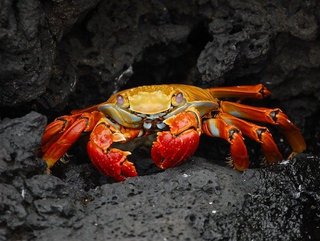
Animal welfare organisations, Crustacean Compassion, and Chronos Sustainability have released a report on the first assessment of seafood producers, processors, retailers and wholesalers in the UK on welfare standards for decapod crustaceans such as crabs, lobsters and prawns.
Each year, more than 420 million crabs, lobsters, langoustines and prawn/shrimp are caught in the UK with a further five billion prawns and other crustaceans being imported from overseas. The Snapshot Report looks at their welfare at all stages of the supply chain: capture and handling, holding and storage, transport, mutilations, stunning and slaughter.
Claire Howard, Director at Crustacean Compassion, said: “Since animals like crabs and lobsters were legally recognised as sentient and able to feel pain, companies have rightly been under increased scrutiny about how their practices impact the welfare of the animals involved. The Snapshot will show how decapod welfare is currently being addressed across the industry right now and will drive welfare improvements across the sector.
Customers expect to be able to buy seafood that has been produced to high standards of animal welfare and we have been asked which brands and companies have the most humane practices. The food industry has a responsibility to both meet those expectations and provide the necessary information to enable consumers to make informed choices.”
Retailers lead the way in welfare policy, management and reporting
The Snapshot assessed 30 UK seafood companies, including household name brands, all major supermarkets and more localised seafood specialists. The report reveals that 70% of companies consider the welfare of crustaceans to be a business issue, in part due to growing consumer concerns. Contrary to this, only 50% have developed formal welfare policies.
While retailers are leading the way across several key areas, including policy commitment, enforcing their policies and reporting of welfare standards, only one company assessed is promoting decapod crustacean welfare to their customers – and this is a producer, not a retailer.
The benchmark will be repeated later in 2023 and will show which companies are taking decapod welfare seriously and making improvements in this vital area. Whilst this initial report does not share company scores, subsequent reports will publish all company scores and a ranking table, allowing consumers to make informed choices for higher-welfare products that avoid inhumane practices such as eyestalk ablation and slaughter through drowning, asphyxiation and boiling alive.
The development of The Snapshot involved consultation with industry, and this continued engagement will ensure that decapods, companies and consumers will all benefit.
The full report, The Snapshot: Industry Benchmark on Decapod Crustacean Welfare is available on the Crustacean Compassion website.

